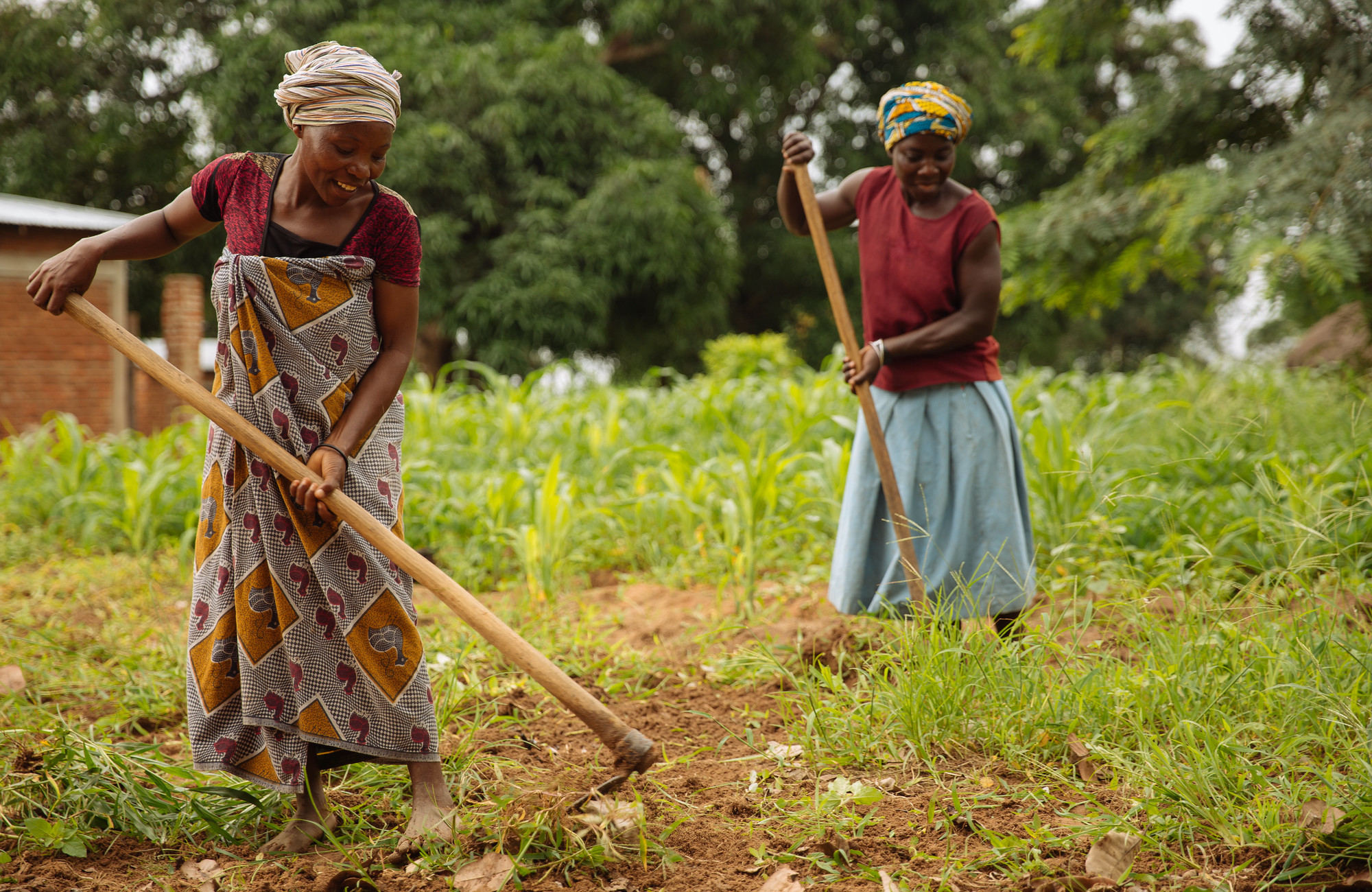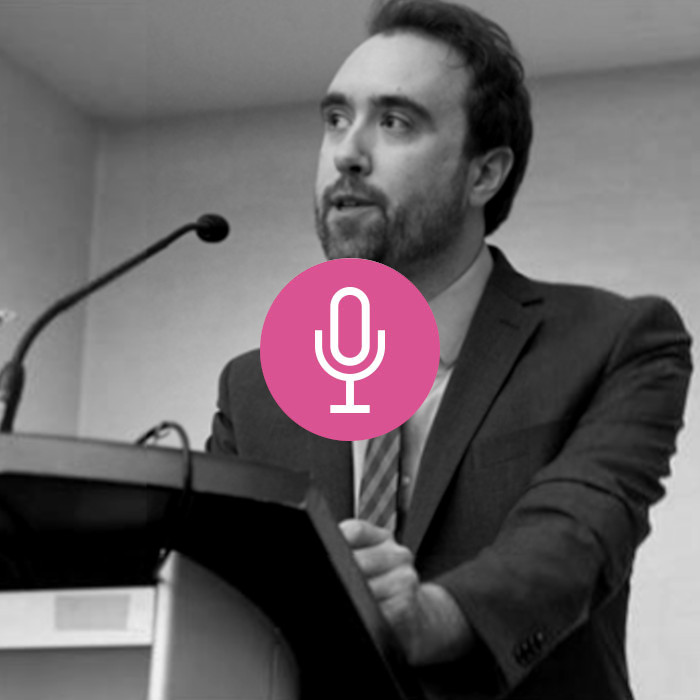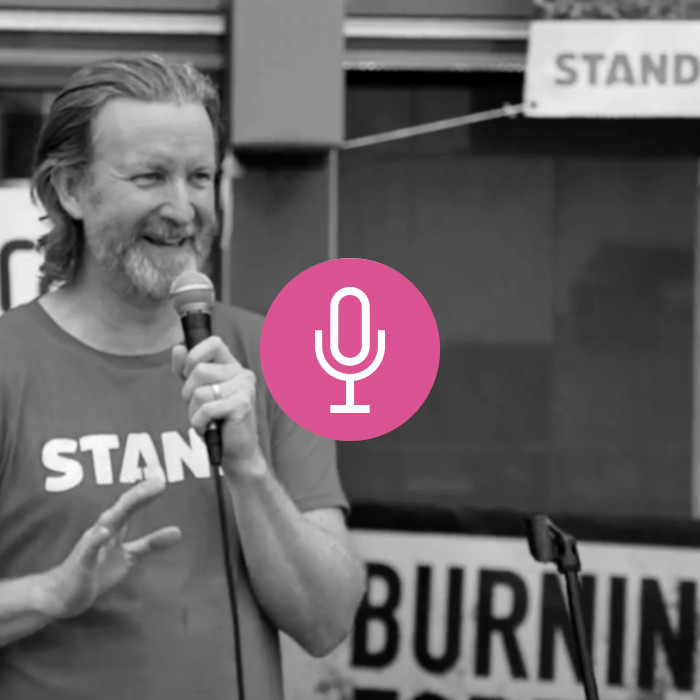The development of the European Union’s Corporate Sustainability Due Diligence Directive (CSDDD) has been in full swing since the Commission first published its proposal in February 2022. The law will oblige companies operating in the EU to conduct periodic monitoring and reporting on their human rights and environmental impacts, integrate this due diligence into company policies, and fund the costs of suppliers transitioning to new standards.
While the directive will only apply to European companies making over €150 million a year, its repercussions may be felt most keenly by smaller stakeholders in the Global South – esepcially those supplying European companies with agricultural goods, textiles and minerals. The CSDDD is, of course, aimed at mitigating the human rights abuses and environmental impacts affecting these communities, but the reality of implementation will determine its success.
Power imbalances present risks
Take the example of a smallholder cocoa farmer, whose cocoa ends up in Europe. As an independent business owner, they are seen as another economic actor in a global value chain. They supply European companies with goods and so need to reach certain levels of sustainability.
But they are also, under the CSDDD, a rightsholder, who may be living in poverty, making them at high risk of human rights abuses, such as child labour or unsafe working conditions, or of impacts from environmental damage. Crucially, they may well be dependent on European buyers to subsist. This is a major power imbalance.
Under the CSDDD, large companies will be asked to address numerous issues in their value chains, but this could create problems for already under-resourced smallholders. Companies will expect producers and smallholders, or intermediaries such as farmer cooperatives, to support them in meeting the requirements of the CSDDD. This means being transparent and proactive about potential environmental and social issues in their production.
Smallholders often have the least agency within the supply chain. They have few resources to invest, often lack technical support, and have limited access to finance. But a lack of agency does not protect them from being blamed for the same human rights and environmental issues that impact them and their communities. In reality, if they cannot find a way to resolve these issues, they risk exclusion from the European market altogether, written off as “risky” suppliers by the companies on whose business they had depended.
The issue here is twofold. First, monitoring and reporting can be complicated and expensive. Without the right support, even those farmers that do meet (or are close to meeting) the standards of the CSDDD could face exclusion from the market.
Secondly, farmers who do not meet the standards will not improve their practices by exclusion from the market. In fact, if pushed to sell on unregulated markets, farmers could be forced to engage in even more harmful practices to sustain themselves. This is a dangerous cycle and can only be truly avoided by supporting these businesses in making steady and incremental improvements.
The CSDDD must promote continuous improvement. Otherwise, a worst-case ‘cut and run’ approach, could deepen poverty for vulnerable producers, and worsen environmental and social harms.
The CSDDD must prevent ‘cut-and-run’ approaches
If companies end up circumventing their obligations by avoiding producers who currently struggle to produce more sustainably, then nothing will change for the better. Those involved in the implementation of the CSDDD need to work to prevent a ‘cut-and-run’ approach, and instead find ways of facilitating change at the producer level.
The EU is making companies conduct due diligence because negative impacts are widespread and systemic in nature. While sustainability issues rarely have a quick fix, this is no excuse for terminating business relationships. In line with international standards such as the OECD Guidelines and the UN Guiding Principles on Business and Human Rights, due diligence already exists to drive continuous and step-by-step improvements in partnership, not to disengage from “risky” suppliers and shift sourcing to “safer” areas.
The European Parliament’s Committee on Legal Affairs suggested amendments to the CSDDD in June 2023, stating that ‘disengagement’ from suppliers should be a last resort. This could make a big difference. Disengagement should only be considered acceptable when mitigation is not possible, or when repeated attempts at mitigation have failed.
Companies should also be made to assess the impacts of a decision to disengage. When disengagement cannot be avoided, companies must address those adverse impacts and pursue remediation of past adverse impacts where appropriate.
Deeper partnerships, ethical purchasing and living incomes
Once cut-and-run is prevented, then the real work of the CSDDD can be done, supporting smallholder farmers and producers with a transition to higher environmental and human rights standards. And ensuring that the costs of this are not always added to the bill of the suppliers in question.
Western companies need to leverage their vast financial resources to support vulnerable producers in their transition. The first way to do this is by respecting their right to a living income, ensuring that producers not only have enough money to afford food and rent, but also to develop themselves, their businesses, and to invest in their families’ futures. This is another key element of the Legal Affairs Committee’s amendments, and we hope it will be taken on board by the entire European Parliament and by all institutions during the negotiations between lead MEPs on the file, the Commission, and member state governments. Much like living wages, living incomes are crucial in fighting poverty, and for that reason, both must be included in the directive.
Companies also need to address the disproportionate costs being placed on vulnerable producers to produce sustainably. Under the current Legal Affairs Committee position, companies would be required to assess the adverse impacts of their purchasing practices, and to change them accordingly to mitigate negative impacts.
Changes could include ending practices such as unilateral contract changes, chronic late payment, and paying prices lower than the cost of production. Ultimately companies should be required to deepen their relationship with suppliers, through, for instance, two-way codes of conduct.
Responsible purchasing practices are not unheard of. Companies have plenty of guidance, tools and initiatives to support them in implementing these practices, such as the Common Framework for Responsible Purchasing Practices in the textile sector.
Building better relationships with suppliers also promotes greater engagement with stakeholders. A recent study that drew from interviews with suppliers in the Global South shows that when companies conduct due diligence, the problems that receive the most attention are not necessarily those that are the most severe from the perspective of affected stakeholders, but those that correspond to EU business partners’ priorities.
Again, the Legal Affairs Committee’s position on CSDDD takes promising steps towards a requirement for meaningful stakeholder engagement. This could prove invaluable for companies, enabling them to understand and properly address issues in their value chains. It has also been a clear demand from workers, trade unions and NGOs from the Global South.
The future of the CSDDD
At the time of writing, the CSDDD was making its way through the European Parliament. After that, there will be an intense trilogue process where the European institutions will try to find a compromise between their three positions, resulting in the final directive.
But getting a strong CSDDD on paper will be the first battle in a long war. Even after the triologues, implementation and ensuring that all stakeholders engage with ambition for positive impact, rather than just compliance, will present serious challenges.
The CSDDD is European legislation aimed at impacting behaviour outside of the EU, so will need to be accompanied by supportive measures in impacted regions. Implementing the ambitious changes that are expected will require supporting upstream suppliers in improving their performance, empowering them as agents in the due diligence process. This can be done through various means, including capacity building, technical guidance, experience-sharing, and other targeted interventions.
Despite the challenges ahead, the CSDDD offers a unique opportunity to change business practices on a global scale, and help to spread both the wealth and the responsibilities of the planet fairly.
Catarina Vieira is the EU Policy Advisor for Solidaridad, an international NGO specialising in ethical supply chains. Find her on Twitter @catarinacv






